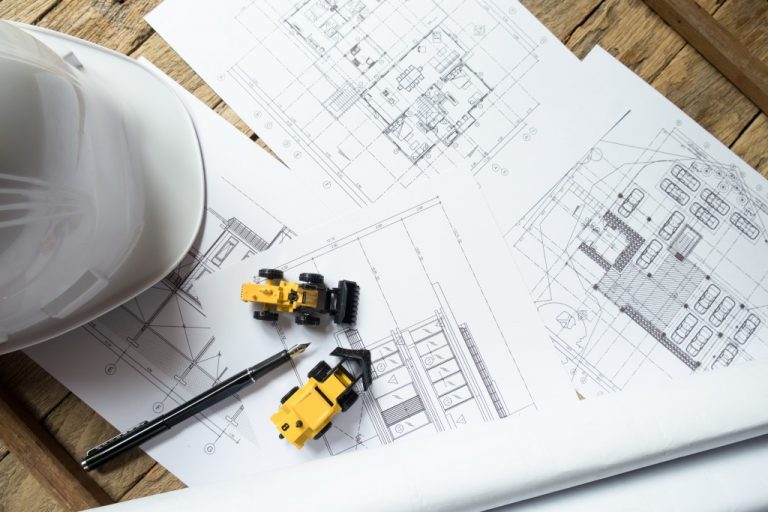Do you hate keeping records? We understand that some people get anxious at the thought of keeping records but if you’re a homeowner, there are quite a few good reasons why you should be more meticulous at recordkeeping.
A Paper Trail Helps You Plan Repairs and Improvements
Do major repairs often catch you by surprise? Home documents will help you keep track of home maintenance schedules and prioritize repairs and improvements. Review your residence’s improvement records to get an idea of when components or appliances need to be repaired or replaced.
In particular, some projects such as roof replacements, waterproofing, or electrical repairs would need to be left to professionals and keeping a good record would save you the hassle of scrambling to remember when was the last time you had these repairs done.
The Tax Benefits to Keeping Records of Improvements
 If the need to sell your house arises, the sale may generate a considerable tax bill. The bill can be sizable if you don’t qualify for IRS exclusion of gain (the profit you make after selling the property.) The tax can also be considerable if property prices have escalated and your gain exceeds the allowable dollar limit.
If the need to sell your house arises, the sale may generate a considerable tax bill. The bill can be sizable if you don’t qualify for IRS exclusion of gain (the profit you make after selling the property.) The tax can also be considerable if property prices have escalated and your gain exceeds the allowable dollar limit.
One way to minimize taxable gain is by maximizing the basis (what you have paid to acquire and improve the property) of your home. The IRS enables homeowners to add the cost of home improvements to their original buying price. You can increase the basis if you prove capital improvements such as replacing your roof, landscaping or installing an appliance or an in-ground pool.
For Your Peace of Mind
No one ever knows when they may need to prove the basis in their home. Also, there is no guarantee that the tax-free gain exclusion will always be there. Home records can save you when you need to prove basis or when tax law changes. Records can also reduce headaches when sketching out concepts and proposals for your future home projects.
How to Keep Home Records
Record-keeping doesn’t have to be tedious and cumbersome. Just take care so your documents aren’t misplaced, destroyed, or lost. You can scan important documents and save them electronically. You can keep the digital copies on your computer or in the cloud. You may also keep the original records in your safe deposit box at home or in a financial institution.
How Long Should You Keep Your Home Records
Home-improvement documents to save include purchase orders, invoices, receipts, canceled checks, and any other proof of money spent. Keep all these documents for as long as you own the property. If you sell the house, keep the records a minimum of three years after filing tax returns for the year you sell.
Not keeping good records can prove to be an expensive mistake. Don’t let bad paperwork allow essential repairs or replacements to be an unpleasant surprise. Also, don’t let failed record-keeping cost you money on avoidable taxes on home capital gains or legal fees when a need to prove your home’s basis suddenly arises. After all, good home records cost just a few hours of paperwork.

